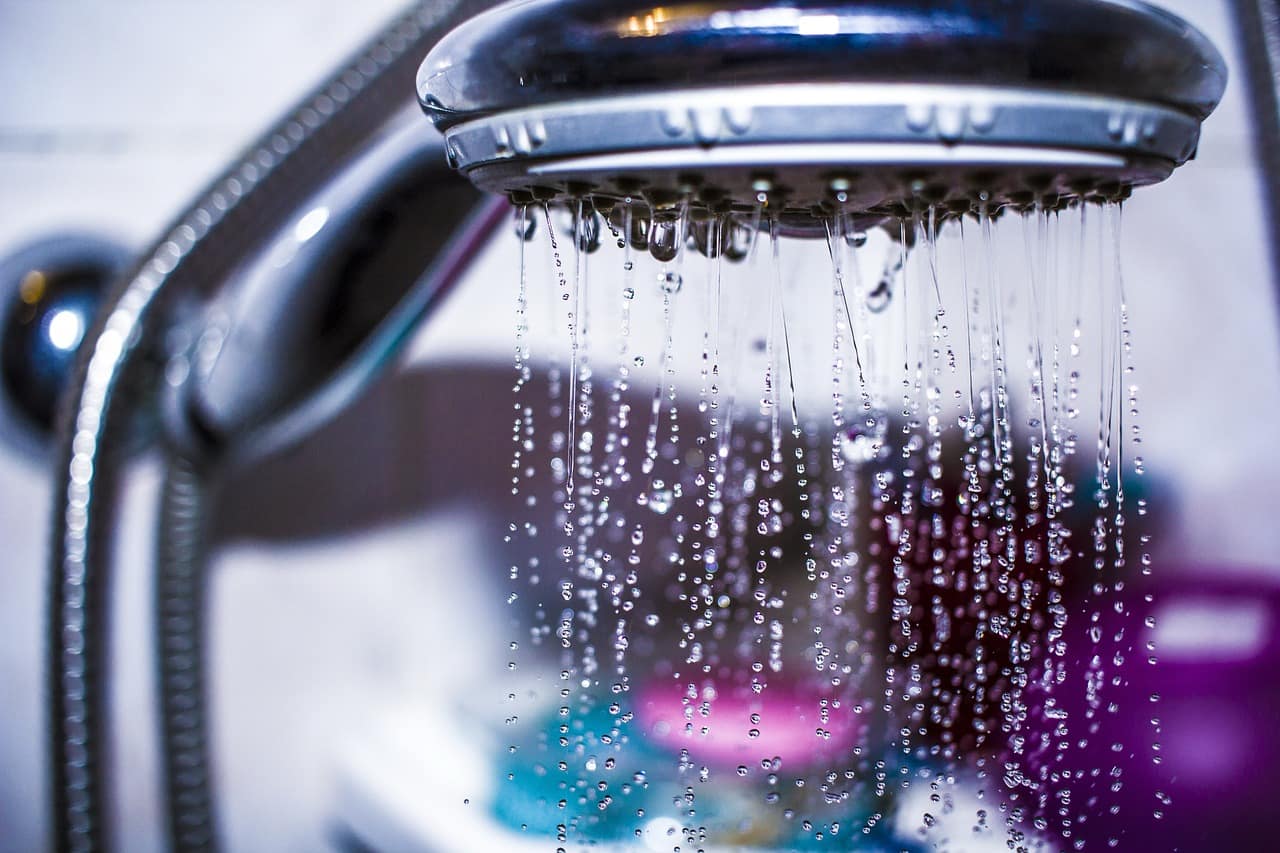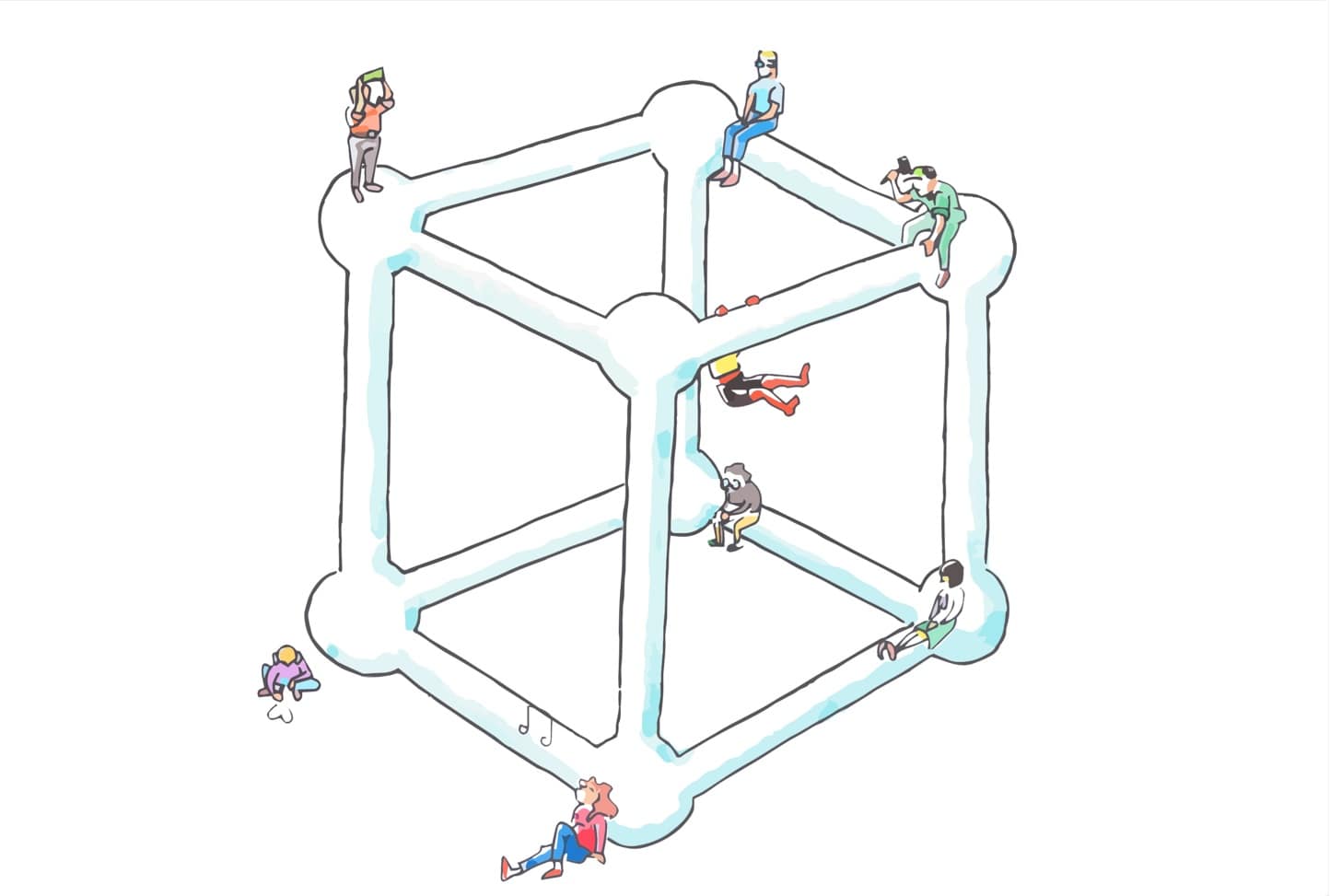
Chilling with Andrew Huberman and Friends: Are Cold Showers the Real Deal?
Imagine Morpheus, the legendary character from “The Matrix” movie series, sitting in front of you, offering a choice that could change your perception of reality forever.
“After this, there is no turning back. You take the blue pill and the story ends. You wake in your bed and you believe whatever you want to believe. You take the red pill and you’d have access to a powerful yet simple practice that ensures success and nothing less. A practice that improves mood, helps you lose fat, increases focus, builds resilience and much more… all that by simply choosing the red pill. Remember that all I am offering is the truth. Nothing more.”
Or at least that’s what some biohacking enthusiasts would like you to believe. According to Medical News Today, biohacking is a “do-it-yourself (DIY) form of human enhancement or augmentation, in which people attempt to change aspects of their biology to improve their health, performance, or well-being.” Biohacking is seemingly the new craze in the self-development scenery, with prominent figures, such as Joe Rogan and dr. Andrew Huberman, actively making bold claims regarding their effectiveness and utility. A rather famous and persistently promoted biohack is cold showers. Cold showers are confidently claimed to better mood and focus by drastically increasing dopamine levels in the brain, accelerate metabolism, improve cardiovascular health, and even increase testosterone levels in males (and many many more claims).
People with millions of followers online now say that such claims come directly from the gold standard for objective truth – science. Allegedly, you can easily turn your life around and succeed by simply incorporating this scientifically backed-up technique into your daily routine! What is even more appealing is that this piece of “truth” carries a rather esoteric allure — only a select few people are open to accepting this hard-to-swallow reality. You would be improving yourself by doing this thing that is quite uncomfortable, yet demonstrates discipline and drive, while others remain lazy and ignorant. As Joe Rogan himself said regarding cold exposure, “[…] there’s people out there that will complain about something and find an excuse why it’s not beneficial. And the reason for that excuse is not that there’s no data. The reason for that excuse is coming up with some sort of an excuse for themselves.” By taking cold showers, you would be better than everyone else.
Looking at the data
But upon delving into the data, the picture appears considerably more ambiguous than presented. Empirical evidence appears weak and contradictory, while advocates of this practice tend to overgeneralize research findings and disregard significant methodological limitations of supportive studies.
A systematic review looked into the research findings of 104 studies on the topic of deliberate cold water exposure and found inconclusive results. The literature seems plagued by extremely small sample sizes (that is, studies with e.g. 2 groups of 8 participants) with unrepresentative participants, mainly of the male gender. Moreover, evidence coming from samples of people habitually exposed to cold water under intense conditions, such as winter swimmers (people that voluntarily go swim for hours at a time multiple times a week in ice-cold water), is used to support claims of the benefits of less-than-ten-minute mildly cold showers. The biggest issue in the literature on deliberate cold water exposure, however, seems to be the lack of control.
It is very difficult to have meaningfully “blind” control groups in experiments involving cold water exposure, because it is rather challenging not to figure out you are in the “treatment”, not in the control group, while ice cold water pours all over you. That being said, such conditions are not always necessary for the validity of some effects. Another issue is that studies widely use variable conditions, such as inconsistent water temperatures, water composition (salt levels, for example), environment, etc. According to the authors of the systematic review,
“many of the health benefits claimed from regular cold-water exposure may not be causal and may, instead, be explained by other factors […] for example, an active lifestyle, trained stress handling (meditation, breathing techniques, mindfulness), social interactions, aesthetic environmental surroundings, healthy food and healthy food intake patterns and a positive mindset.” (Espeland, de Weerd & Mercer, 2022)
Exaggerated claims
Science is complex and requires nuance. Our world is incredibly diverse and failing to acknowledge context in science is destined to result in inaccurate explanations of reality. Attempts to sensationalize not-so-exciting scientific findings are widespread in popular media, and scientific integrity is further damaged when well-renowned scientists themselves over-exaggerate study outcomes, intentionally or not. For example, Dr. Andrew Huberman, one of the most famous neuroscientists worldwide and the host of a top-rated podcast, has promoted cold showers and their health benefits. In one of his most viewed episodes, he goes in depth on the topic of cold baths and provides the viewer with a more nuanced perspective regarding cold exposure, its advantages and magnitude of effects, and risks.
Still, some perhaps overly optimistic claims are being made by him, such as the powerful anti-inflammatory effects or focus-boosting abilities of cold exposure. Moreover, when visiting Joe Rogan’s wildly popular podcast, Huberman made even more sensational claims – for example, that cold exposure leads to “2 to 3x increase in dopamine […] on the order of many [recreational] drugs” or that it “puts your brain into an antidepressed state and into a more alert motivated state.” Additionally, dr. Susanna Søberg, dubbed as “one of the best scientists in terms of deliberate cold exposure and its benefits” by him, provides us with a handy list of long-term health effects of cold exposure on her Instagram account (with almost 400 thousand followers), such as increase in insulin sensitivity, reduction of anxiety and depression rates and decrease in the risk of cardio-metabolic diseases, to name a few.
When claims like these, which lack the scrutiny of scientific precision, are spread to the large audiences of popular figures such as Andrew Huberman and Joe Rogan, there is a risk of misleading the public by fostering unrealistic expectations. What’s more, cold plunges are not without risks (e.g., heart problems and hypothermia). Motivating people on such a large scale to engage in an activity that is not as scientifically backed as it is claimed to be could pose real risks to some individuals. Scientists, especially those in the public eye, should therefore be expected to adhere to the highest standards of accuracy and responsibility.
Cold showers and science
But, after all, why would so many people go through so much trouble to justify their claims regarding cold showers with science? For some popular figures, as demonstrated by the case of Dr. Susanna Søberg, the answer may be more complex — including financial interests. Though once an academic researcher, Søberg is now fully devoted to commercializing cold and heat exposure practices, offering courses like the ‘Thermalist’ program for $1,995. Science appears credible, and most importantly, flexible enough for people to use in support of popularizing techniques like cold showers.
The most intriguing part comes when considering why so many regular people, with no financial ties to these practices, swear by cold showers and seem to feel the need to scientifically justify their actions.
One thing is clear — although cold plunges do not have the strong empirical support they are often portrayed to have, they do elicit physiological responses that could potentially be beneficial for some individuals under the right conditions. Most importantly, however, even if no significant health benefits are guaranteed, cold showers can make people feel better. Engaging in cold showers is a personal endeavor that may foster resilience, discipline, and potentially enhance mood. Ultimately, finding value in an activity you enjoy doesn’t require relying on inconclusive scientific evidence for validation.
Reference
Espeland, D., de Weerd, L., & Mercer, J. B. (2022). Health effects of voluntary exposure to cold water–a continuing subject of debate. International journal of circumpolar health, 81(1), 2111789.
Title Image: Free for use under the Pixabay Content License



